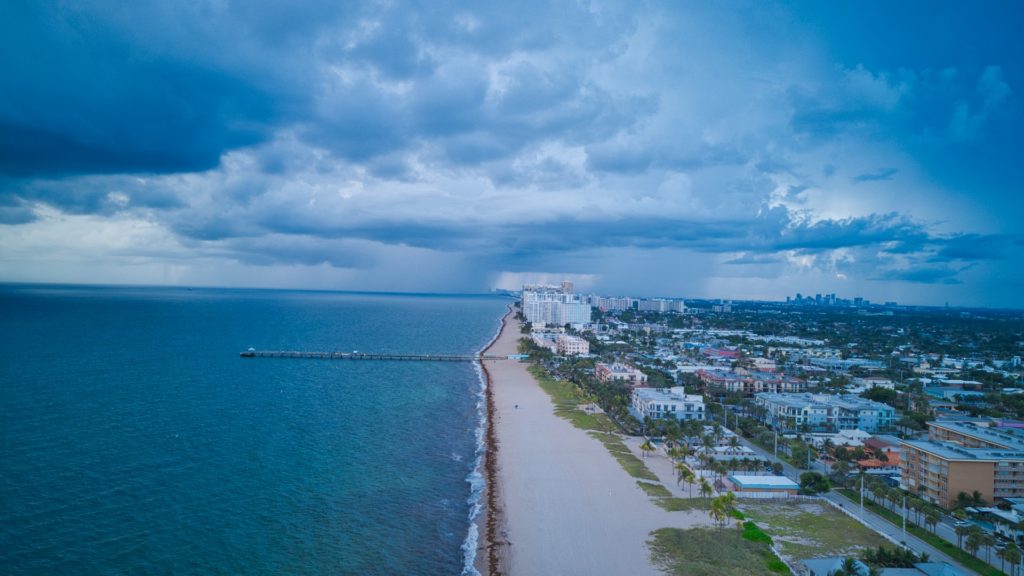The country is a nation of expats, with 20% of the population being foreign-born. Choosing to live there means choosing to do so in a welcoming nation that welcomes immigrants from all over the world. Start making your preparations as soon as possible because several factors may make the move more difficult than it may initially appear to be. This assignment destination is still difficult due to a language barrier and cultural adjustment. However, the fantastic expat community and the helpful services (often geared toward the English-speaking assignees) have expanded over the years and are available to help with your arrival.
Being at the confluence of the Rhine, Maas, Meuse, and Schelde rivers, the country has traditionally made a great starting point for a European adventure. It is in Western Europe, between Germany and Belgium, along the North Sea.
The location has helped the country’s economy. The Port of Rotterdam and Amsterdam Schiphol Airport help the country rank sixth among exporting and investing countries. Despite relying heavily on international trade, its economy suffers persistent inflation and unemployment.

Population
Just over 16.5 million people call it home. Bicycling is the simplest mode of transportation between the city and the suburbs, so foreigners may easily mix in with the locals.
Language
The euro is the country’s official currency, and Dutch is its official language. The famed Heineken Brewery and a prestigious diamond-cutting industry are both located there. Not to mention the dykes, tulips, cheese, Delftware, Gouda pottery, windmills, cheese, clogs (wooden shoes), and social tolerance. The Netherlands is a tiny yet modern nation that is both proud of its ancient past and unafraid to move forward while maintaining its unique identity, demonstrating that even tiny nations can leave a significant impact.
Preparations
Your passport and identity/residence card are the two items you must always have on you. Normally, foreign nationals who have been residing legally in the Netherlands for more than three months are issued a permanent residency card (valid for a year renewable each year or 5 years depending on your contract). The police regularly verify IDs in public locations since illegal immigration is so common in the Netherlands.
The ease of utilizing your ‘bancontact’ (ATM card) to make purchases in stores by using your four-digit PIN makes getting local bank cards and credit cards highly recommended (PIN). Western European credit cards also include a 4-digit PIN, so you can avoid signing receipts each time you make a transaction.
Moving your belongings
When determining whether to relocate one’s possessions to the Netherlands, there are many things to consider. First, consider the country’s temperature and weather to choose what kind of clothing to pack.
Boots and warm clothing are essentials for the winter.
For the summer, use lightweight clothing, sunglasses, and hats.
In the Netherlands, buying flooring or curtains from renters who are getting ready to leave is extremely typical. However, decorating a property is thought to be a significant investment in any foreign location, so expats may want to think about bringing in their current furniture and equipment. To facilitate the entire moving process, several international moving companies offer door-to-door services to the Netherlands. These businesses are very helpful.
The weight, quantity, and distance of the shipment will have a significant impact on the cost. Just as an example, the cost of shipping a one-bedroom apartment’s belongings ranges from €250 to €290.


